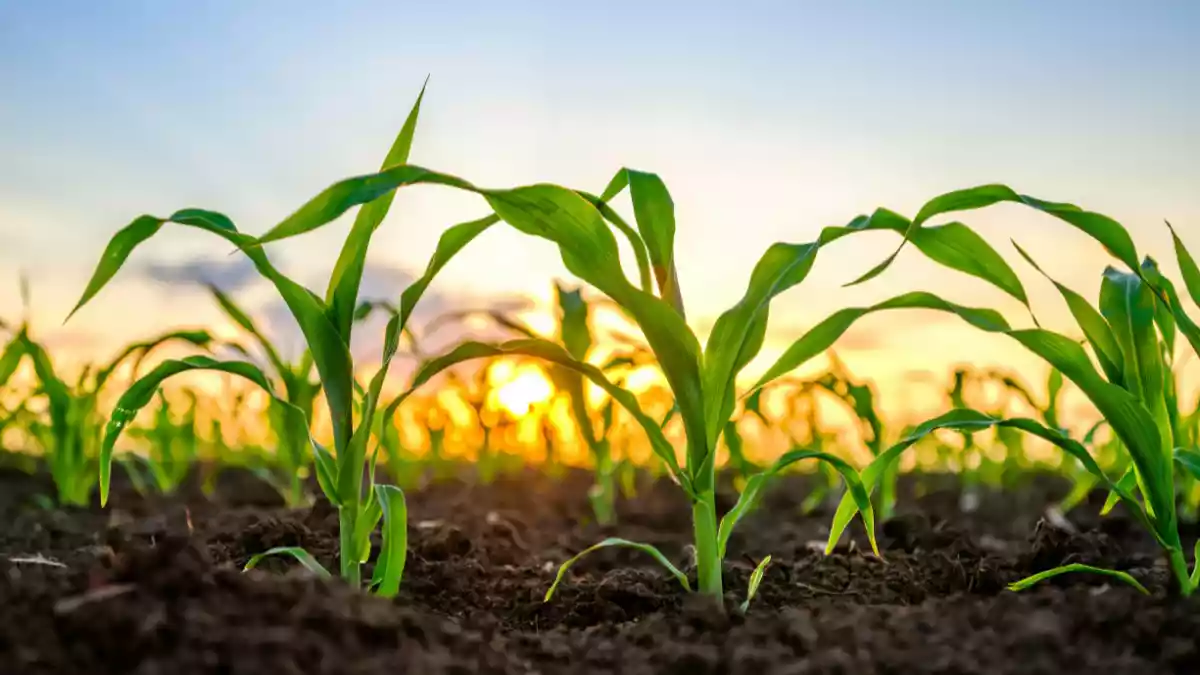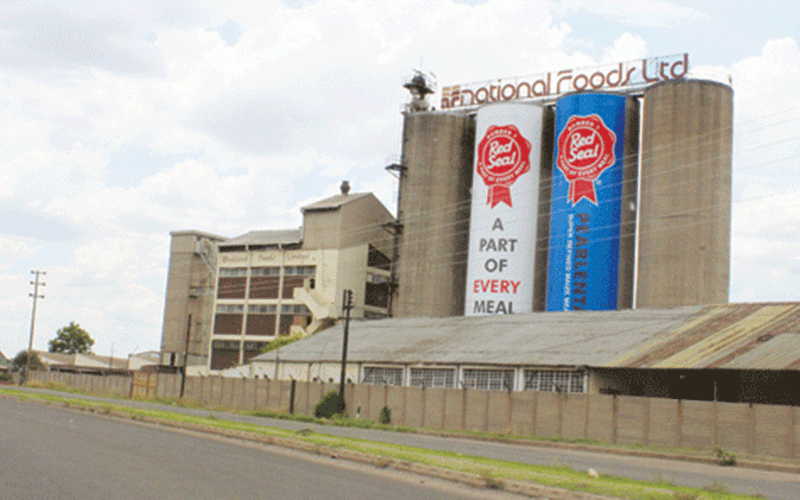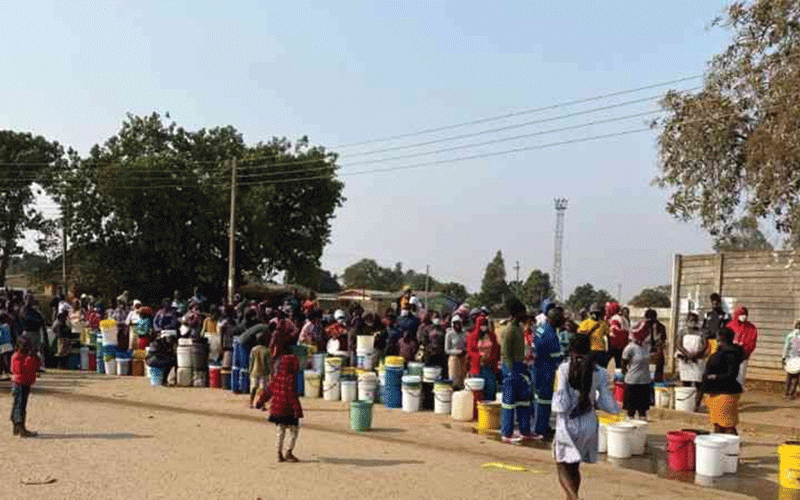THE Food and Agriculture Organisation (FAO) has warned of a delay in crop planting owing to insufficient moisture in the soils caused by the El Nino-induced drought this year and weak December rainfall.
In a statement, FAO said the El Nino-induced drought left soils dry, worsened by poor rainfall this month.
“Planting of the summer 2025 cereal crops is underway and is expected to conclude in January. Remote sensing analysis indicates that the total rainfall amount for November, which typically marks the start of the planting season, was near normal across most of the country, but unevenly distributed over time,” FAO said.
“However, a severe drought earlier in the year, which sharply reduced the 2024 cereal harvest, has kept soil moisture levels still unusually low, particularly in the northeastern provinces, which are key agricultural production
zones.
“These dry soil conditions may hinder and delay planting operations, especially with rainfall amounts in early December below average and weather forecasts pointing to a high probability of below-average rainfall amounts and higher-than-average temperatures for the rest of the month.”
- Vendors cash in on Chitungwiza water woes
- Tongaat to offload Zim operations to Vision owners
- The Sound of Power: Meet the Influential Indian in Africa Making Waves – Prateek Suri
- Khayah slips into corporate rescue as US sanctions bite
- Future of green energy in mining: Zimbabwe’s bold transition
However, FAO said rainfall patterns were likely to return to average beginning in 2025.
The farming season normally starts in mid-October.
“From January onwards, weather forecasts suggest a likely return to average rainfall amounts. The government continues to support access to agricultural inputs for the 2024/25 cropping season, with an estimated 3,5 million households targeted to receive inputs through a subsidy programme,” FAO said.
“An intense and widespread drought in early 2024, with particularly harsh conditions in February and March affected the 2024 total cereal production estimated at 1,3 million tonnes, almost 40% lower than the five-year average. The maize crop was particularly affected and production is estimated at 635 000 tonnes, over 60 percent below the average, as rainfall deficits occurred during critical vegetative and flowering stages.”
Consequently, FAO said maize yields dropped to below-average levels and only about half of the maize planted area was harvested, with many crops written off.
“Harvesting of the 2024 winter wheat crop concluded in November and the output is estimated at an above-average level of 540 000 tonnes as weather conditions were generally favourable during the winter cropping period and most of the crop was produced under irrigation,” FAO said.
The UN agency noted that the low rainfall had also increased livestock losses.
“Livestock body conditions are reportedly poor overall, reflecting pasture’s low availability and quality, as well as reduced water resources,” FAO said.
“These conditions have reportedly caused increased rates of livestock losses. Low domestic harvest pushes up import needs.”













